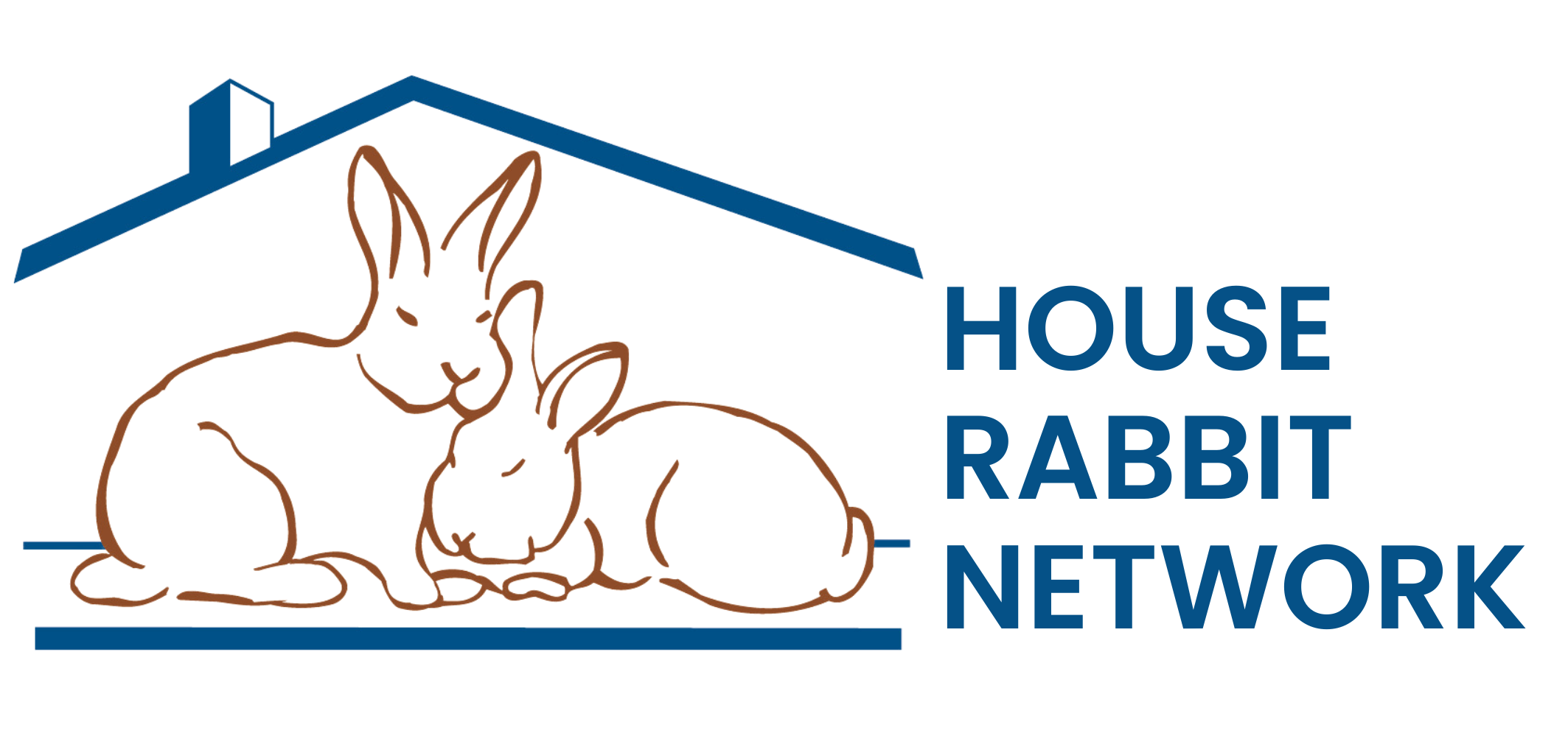Windows to the Bunny Soul: Your Rabbit’s Eye Health
A rabbit’s eye can become diseased or infected just like any other body part, and awareness of potential problems is just as important so you can look out for the well- being of your companion. Here are some of the conditions you need to watch for:
Corneal ulcers: Your playing bunny may take the corner too fast and bump into a baseboard with her face, or get a tiny piece of hay chaff stuck in his eye. Scratching the cornea, which is the outer layer of the eye, may cause an ulcer, a wound that is slow to heal without proper treatment. Your bunny will tell you if something is wrong by repeatedly blinking or refusing to open the eye, and lots of tears that tell you to get the vet soon because this hurts!
Blocked tear ducts: Dental problems, inflammation, and other sources can clog your bunny’s tear (nasolacrimal) ducts. The ducts run from the inner corner of the eye to the nose and drain the liquid tear film that is constantly formed to protect the eye (this is why when you cry, your nose gets runny). Rabbits only have one duct opening in the eye, and thus are more susceptible to blocks. The tears, instead of draining out, then overflow and leave wet areas around the eye. The condition itself is not painful, but constant tears on the face will cause skin irritation. Without care, the fur becomes soggy and matted around the eye, and the underlying skin will become so irritated that eventually the fur just peels off- events should never get to this point. Until the duct opens, which may take several visits to the vet, gently wipe your bunny’s affected eye several times a day to remove the sticky salty tears (try cotton wipes and water), then dry carefully.
Cancer: Any changes in your bunny’s eye, from splotches in the iris to pigmented areas in the whites of the eye, call for a visit to the vet. My bunny Ginger and our family had a cancer scare recently. Just in time for holidays in December, I noticed a dark brown lump on the white of her eye just under her eyelid, a place I only looked because the eye was being covered in my vet school anatomy class. I took her to Angell Memorial Animal Hospital in Brookline to see an ophthalmologist immediately; the lump was already quite large because I didn’t know to check her eyes thoroughly at regular intervals. She was diagnosed with scleral melanoma, a very aggressive cancer in the white of the eye, and had her entire eye removed a few weeks later. The pathologist who examined the eye luckily found that the dark mass was not melanoma. Instead, the sclera had weakened and the dark part of the eye behind it was pushing through the rupture. I now check Ginger’s remaining eye regularly, and when her tear ducts clogged shortly after the surgery I was forearmed with knowledge that would have been useful earlier.
Cataracts: In many rabbits (and humans), the lens inside the eye becomes more and more opaque with age. This cloudiness may progress to the point where less light can reach the sensitive retina at the back of the eye, and visual ability decreases. Laser surgery can correct the problem. However, as this type of vision loss is gradual, many rabbits adapt well if their environment remains stable. Ginger is now blind in her remaining eye, and other than running into us, her mobile family members, there has been no change in her enjoyment of life. She still dashes between her favorite places and noses around for treats. Plus her special needs have forced my husband to pick up after himself and become neat!
Checking your rabbit’s eyes: Be aware of changes in tear production; tear overflow alerts you to a number of eye problems. Check the white of the eye for any color changes or persistent redness. Watch for color changes in spots in the iris, irregular edges to the pupil, or clouding of the cornea. Any time your bunny’s eyes change in appearance or seem painful, a visit to your vet is important to clear up any of these conditions or to determine if something else is going on. You may choose to see or be referred to a veterinary ophthalmologist, who specializes in the eye of all animal species and is able to provide more specialized care for complex problems. Don’t delay, as eye conditions can be quite painful or cause permanent damage leading to blindness.
by Astrid M. Kruse, DVM
